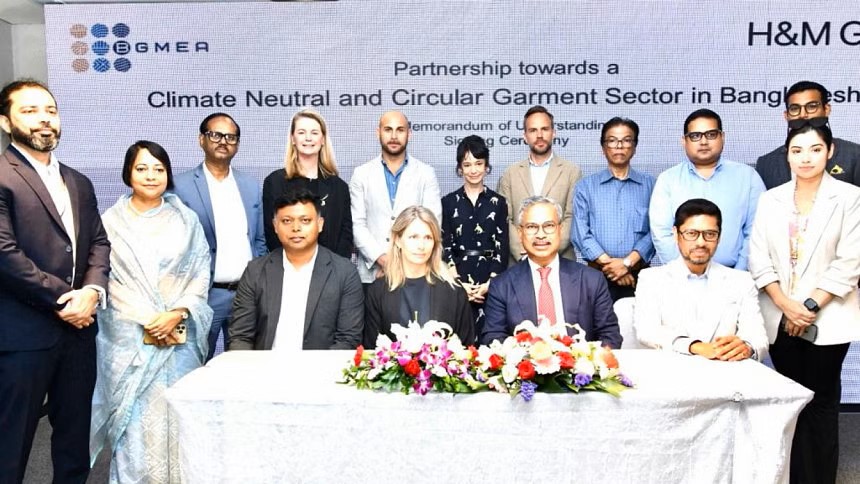The country’s runoff election came to an end on May 28 with the incumbent Recep Tayyip Erdogan securing the presidency. The win will extend his two decades in power by five more years. Erdogan obtained 52.14 percent of the second round of the vote while his challenger, reformer Kemal Kilicdaroglu, lost with 47.86 percent.
Erdogan, the country’s longest-serving leader since the founding of the modern Turkish republic, has been described as a socially conservative populist. In recent years he has introduced unorthodox economic policies and presided over an increasingly polarised society.
On the day before the election results were announced, apparel industry leaders called for candidates to address economic challenges such as inflation and the stabilisation of the exchange rate.
“Whoever wins the government needs to change the economic plans to establish trust with domestic and foreign investors. Turkey needs long-term investment to grow again,” said Cem Altan, president of the International Apparel Federation (IAF) and vice-chair of the Turkish Clothing Manufacturers Association. “Our biggest problems currently are high inflation and big deficits…This is causing difficulty for the government to hold the Turkish lira stable.”
Turkey is an important manufacturing and sourcing hub for the global fashion industry. The country is already the third largest apparel supplier to the EU market and the third largest supplier of textiles and apparel to the US market, according to the Istanbul Textile Exporters’ Association (ITHIB). The organisation said earlier this year that the textile industry is eyeing an increase in export volume to $15 billion, of which $7.5 billion will go to the EU and $1 billion to the US.
The sector is also a lynchpin of the Turkish economy. According to the Sourcing Trends & Outlook 2023 report from the US Fashion Industry Association, Turkey’s apparel and textiles sector exported about $31.2 billion last year, accounting for 12.4 percent of the country’s total exports. In addition, the apparel and textiles sector accounts for 17 percent of total industrial production and employs more than 1.2 million people.
The Treasury and Finance Ministry said earlier this month that the central government budget produced a deficit of 132.5 billion Turkish liras (US$6.7 billion) in April, more than double compared to the same period last year. Local media reported Turks were stockpiling gold and dollars in preparation for a currency crisis following the election.
“The Turkish lira is becoming too strong with the government intervention in foreign currency. Of course, this is also causing Turkish companies to be uncompetitive with export sales. Turkey needs exports to bring foreign currency. If exports are reduced and we have less foreign currency coming into the country, the deficit will even be higher,” said Altan.
According to Reuters, Erdogan’s controversial interest rate cut in late 2021 triggered a currency crisis, followed by record-high inflation in 24 years with 85.51 percent last year. Turkish annual inflation dropped to 43.68 percent last month. Altan said the high inflation and strong Turkish lira also led to an increase in wages and energy costs.
“The economic plans must be reworked to ensure the inflation rates go back to single-digit numbers. The Turkish economy needs substantial reforms in economic politics. If we can not compete because of these reasons there will be a lot of job losses. The [economic slowdown] in the EU and the US is also not helping. Turkey has become so expensive.”
Earlier this year two devastating earthquakes shaking southeast Turkey and northern Syria affected eleven cities that are home to 1616 garment and 1290 textile companies. Apparel exports, accounting for 30 percent of the country’s total textile exports, originated in the affected regions.
“We are hoping after the elections whoever comes into power needs to regulate the economy and build trust again, so we can start back investing in our businesses. The industry needs investment for sustainability, digitalisation, and greening,” said Altan.
Learn more:
Turkish Fashion Manufacturers in Earthquake-Affected Areas Resume Production
Garment factories in the cities of Malatya, Elazıg and Sanliurfa are running again and the impact on textile mills in Kahramanmaras and Adiyaman is now ‘minor’, according to the Turkish Clothing Manufacturers Association.

































